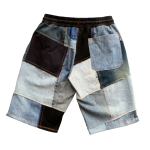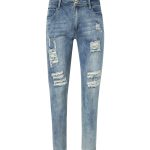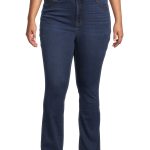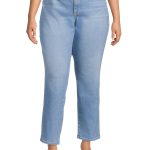We all know we need to keep our hair clean, but maybe you don’t know what the best way to wash your hair is! With so many products to choose from, these are one-size-fits-all solutions, and you have to try products that work for your specific hair type or style. With so many products on the shelves, it can seem overwhelming to find the right shampoo for your hair preference and hair type.
One such innovation is dry shampoo, a product that revitalizes hair without traditional washing. Dry shampoo is popular for its time-saving and convenience, but how does it compare to traditional washing?
Below we will explore the pros and cons of dry shampoo versus traditional shampoo to determine which method is better for our hair.
Dry Shampoo: The Convenient Alternative
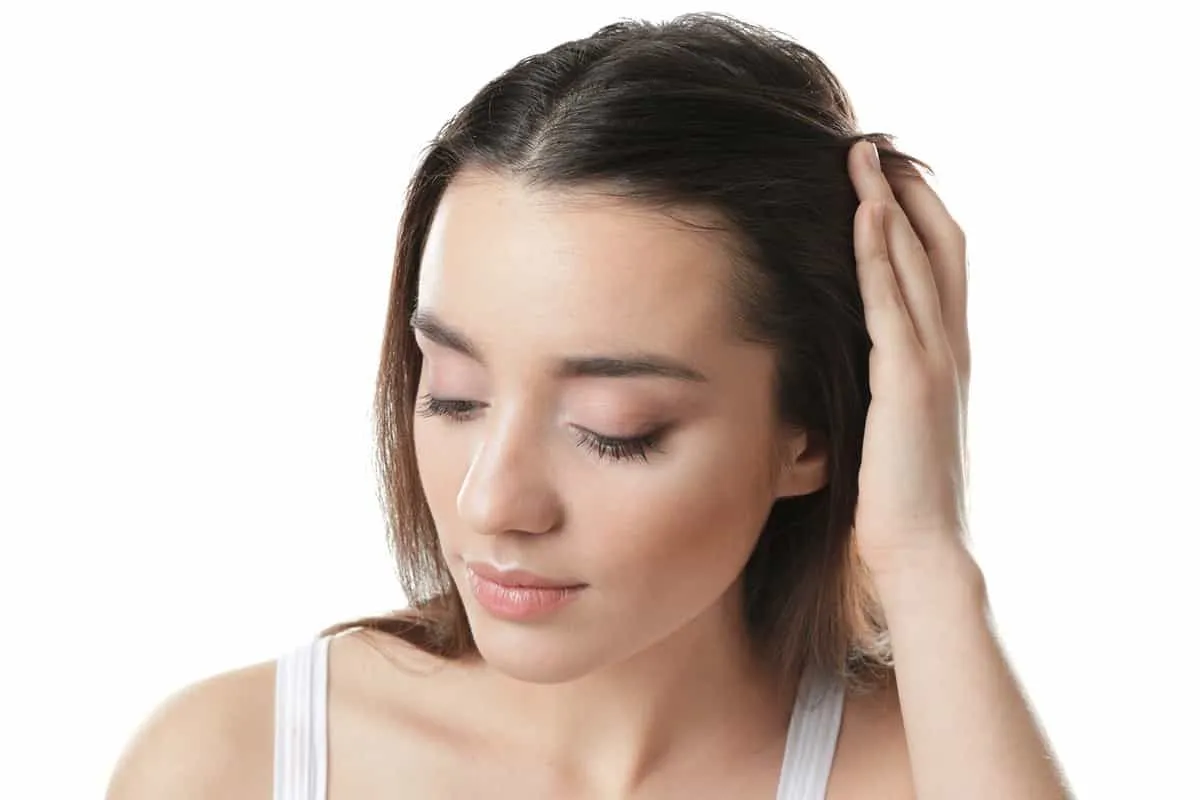
Dry shampoo offers a quick and convenient solution for refreshing our hair when we don’t have the time or access to traditional washing. It typically comes in a spray or powder form and is applied to the roots of the hair, absorbing excess oil and adding volume. One of the main advantages of dry shampoo is its time-saving nature, as it allows us to skip the time-consuming process of wetting, shampooing, and rinsing our hair. This makes it an ideal option for busy mornings or when traveling.
Benefits of Dry Shampoo
Dry shampoo offers several benefits that make it an appealing option for many individuals:
- Time-saving: Dry shampoo provides a quick and convenient solution for refreshing hair when there is limited time or access to traditional washing. It eliminates the need for wetting, shampooing, and rinsing, making it ideal for busy mornings or when traveling.
- Extended time between washes: By absorbing excess oil from the roots of the hair, dry shampoo can extend the time between traditional washes. This is particularly beneficial for those with dry or damaged hair, as excessive washing can lead to further dryness and breakage.
- Instant revitalization: Oily or greasy hair can be instantly revitalized with dry shampoo. It absorbs excess oil, adding volume and a fresher appearance to the hair without the need for water.
- Suitable for various hair types: Dry shampoo is suitable for all hair types, from straight to curly, and can be used on both natural and chemically treated hair.
- Convenient for on-the-go use: Dry shampoo is portable and easy to use, making it ideal for freshening up hair throughout the day or when access to water is limited. It can be carried in a purse or gym bag for quick touch-ups.
- Adds texture and volume: In addition to absorbing oil, dry shampoo can add texture and volume to the hair. This is especially beneficial for those with fine or limp hair, as it can provide a natural-looking lift and boost to the hair.
-
Preserves hair color: For individuals with color-treated hair, frequent washing can cause the color to fade more quickly. Dry shampoo allows for less frequent washing, helping to preserve the vibrancy and longevity of the hair color.
Drawbacks of Dry Shampoo
While dry shampoo offers convenience, it is important to consider its drawbacks. One of the main concerns with dry shampoo is its ability to fully cleanse the hair and scalp. Unlike traditional washing, which involves the use of water and shampoo to remove dirt, sweat, and product buildup, dry shampoo primarily absorbs oil without thoroughly cleaning the hair. Regular use of dry shampoo without proper cleansing can lead to clogged hair follicles, scalp irritation, and even hair loss.
Traditional Washing: The Tried and True Method
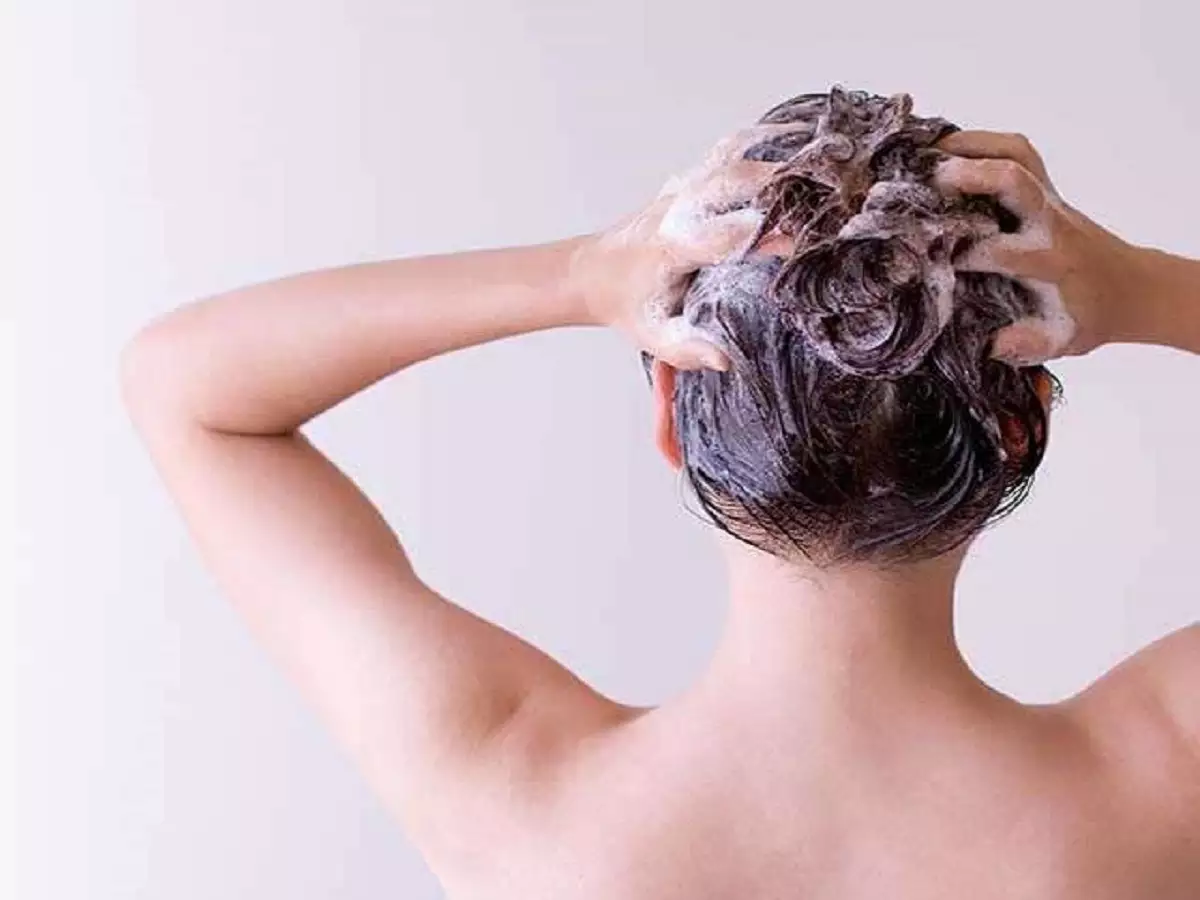
Traditional washing, involving the use of water, shampoo, and conditioner, has long been the standard for hair care. It provides a thorough cleanse, removing dirt, sweat, and product buildup, while also nourishing and conditioning the hair. Traditional washing allows for a deeper clean, ensuring that the scalp and hair follicles are free from impurities.
Benefits of Traditional Washing
Traditional washing, involving the use of water, shampoo, and conditioner, offers several benefits for hair care:
- Thorough cleansing: Traditional washing provides a deeper cleanse, removing dirt, sweat, and product buildup from the hair and scalp. It ensures that impurities are thoroughly rinsed away, promoting healthier hair.
- Nourishment and conditioning: With traditional washing, the use of specialized shampoos and conditioners allows for targeted nourishment and conditioning based on individual hair needs. This helps to keep the hair hydrated, moisturized, and in optimal condition.
- Customizable care: Traditional washing allows for customization based on specific hair concerns, such as dryness, dandruff, or color-treated hair. Different shampoos and conditioners can be used to address these specific needs, providing tailored care for the hair.
- Scalp health: By thoroughly cleaning the scalp, traditional washing can help maintain a healthy scalp environment. It removes excess oil, dead skin cells, and other impurities that can contribute to scalp issues like dandruff or itchiness.
-
Overall hair health: Regular traditional washing can promote overall hair health by keeping the scalp and hair follicles clean and free from buildup. This can contribute to improved hair growth, reduced breakage, and a healthier appearance.
Drawbacks of Traditional Washing
While traditional washing is effective, it does come with its own set of drawbacks. The process can be time-consuming, requiring the preparation and application of shampoo, followed by rinsing and conditioning. Additionally, frequent washing can strip natural oils from the hair, leading to dryness and potential damage. This is especially true for those with dry or chemically treated hair, who may benefit from reducing the frequency of traditional washing.
Finding the Balance: Which is Better?
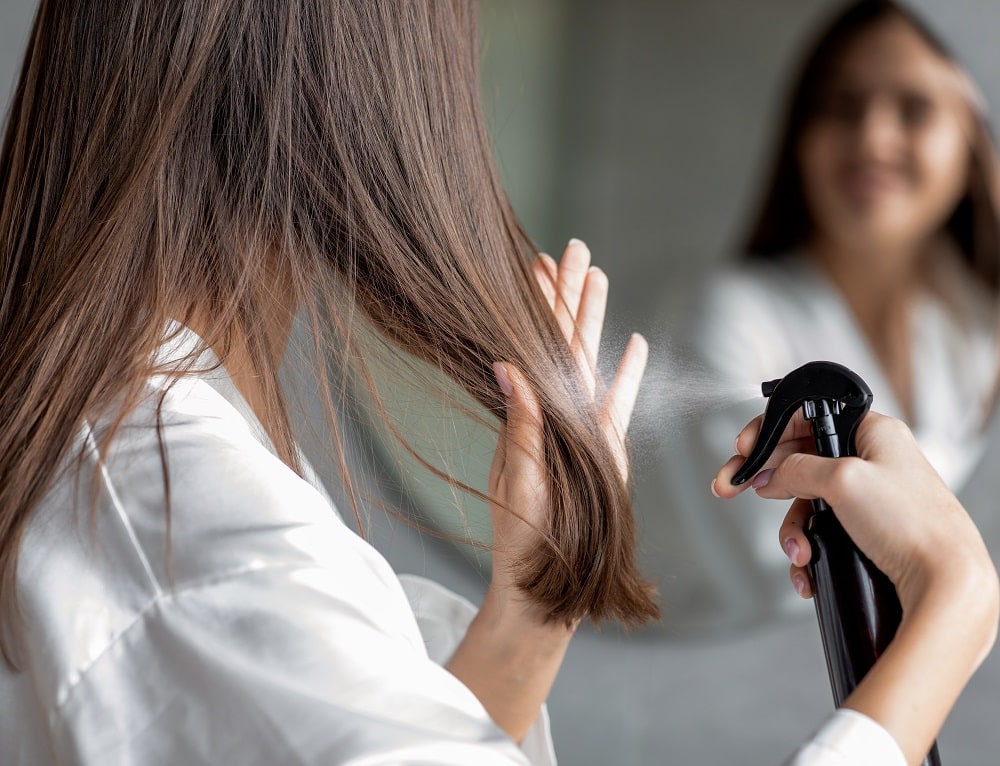
When considering whether dry shampoo or traditional washing is better, it is important to find a balance that suits our individual hair needs and lifestyle. Dry shampoo can be a useful tool for refreshing and extending the time between washes, providing convenience and added volume. However, it should not replace regular traditional washing, which offers a deeper cleanse and nourishment for the hair and scalp. Ideally, a combination of both methods can be employed, using dry shampoo when needed for quick touch-ups and traditional washing to thoroughly cleanse and condition the hair.
